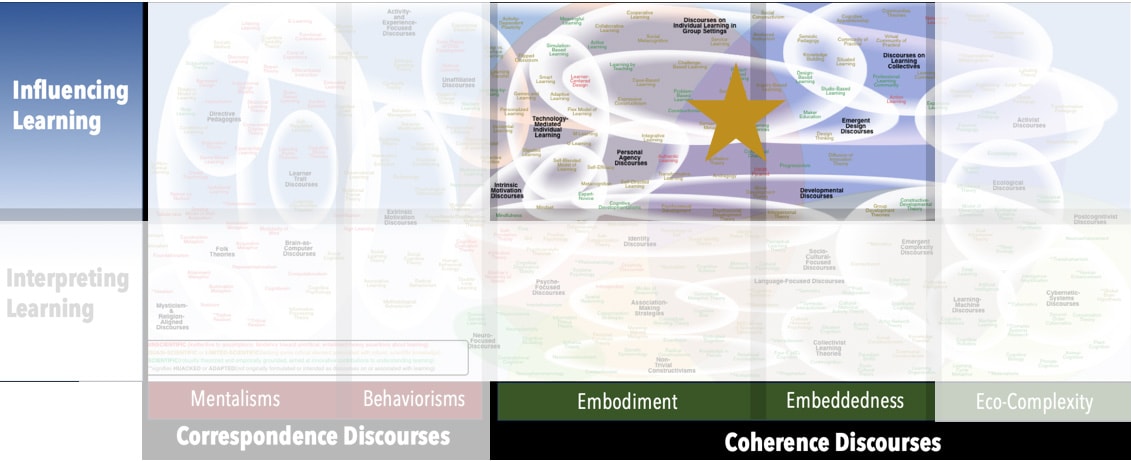AKA
Case Method
Case Study Method
Goal-Based Scenarios
Scenario-Based Learning
Focus
Narrative-based, collaboration-focused strategies to promote individual thinkingPrincipal Metaphors
- Knowledge is … scope of possible actions and interpretations
- Knowing is … considered action
- Learner is … a thinker (individual in group)
- Learning is … applying, debating
- Teaching is … facilitating, story-telling
Originated
1990sSynopsis
Case-Based Learning, as the name suggests, is a model of learner engagement that is developed around a “case” – a fact-based (and typically real-world) scenario that is disciplinary-specific, has the potential to stimulate discussion, and has the breadth to foster significant inquiry. Often the cases are presented as concise stories about individuals facing complex decisions. Case-Based Learning is learner-centered and collaboration-focused. Subdiscourses include:- Business Game (Business-Simulation Game; Management-Simulation Game) – a competition-based training strategy structured around a realistic financial, management, or operational problem
- Conference Method – a team-focused training strategy in which participants collaborate to revolve a realistic work-based problem
- Event-Based Learning – a subcategory of Case-Based Learning in which the “case” is an actual real-life situation or incident, typically associated with a sense of “occasion”
- Jurisprudential Teaching Model – a mash-up of teaching emphases involving cases studies, social interaction, and evaluation of social issues
- Scenario Analysis – a strategy to promote better decision-making, planning, and resource allocation by inviting leaders to conceive of and resolve a range of plausible, action-demanding situations
Commentary
Proponents of Case-Based Learning are careful to emphasize that the approach is mainly about applying and contextualizing disciplinary knowledge. That is, before a case is presented, learners are introduced to key concepts. They do not to “start from scratch,” and thus are able to engage with social and other issues rather than merely grappling with the concept itself. That makes Case-Based Learning more of a hybrid model – partly learning toward expository teaching, partly leaning toward Inquiry-Based Learning,Authors and/or Prominent Influences
Roger SchankStatus as a Theory of Learning
Case-Based Learning is not a theory of learning.Status as a Theory of Teaching
Case-Based Learning is a theory of teaching. Focused advice is available for selecting or crafting a case, setting expectations for learners, designing appropriate assessments, and so on.Status as a Scientific Theory
Case-Based Learning draws on and aligns itself with well-developed and well-supported theories of learning, and so becomes scientifically defensible on the basis of its associations. On its own, however, it has a relatively shallow evidence base and proponents rarely demonstrate a critical attentiveness to assumptions and assertions about learning.Subdiscourses:
- Business Game (Business-Simulation Game; Management-Simulation Game)
- Conference Method
- Event-Based Learning
- Jurisprudential Teaching Model
- Scenario Analysis
Map Location

Please cite this article as:
Davis, B., & Francis, K. (2023). “Case-Based Learning” in Discourses on Learning in Education. https://learningdiscourses.com.
⇦ Back to Map
⇦ Back to List
